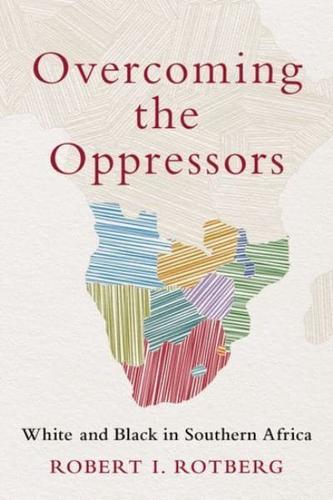Publisher's Synopsis
Overcoming the Oppressors traces southern Africa's long walk to freedom, the overturning of colonial rule in the northern territories, and the dissolution of backs-to-the-wall white settler suzerainty, first in what became Zimbabwe and then in South Africa. Chapters on the individual countries detail the stages along their sometimes complicated and tortuous struggle to attain the political New Zion. Rotberg explains how and why the Federation of Rhodesia and Nyasaland failed, how and why apartheid eventually collapsed, and exactly how the various components of this heavily white conquered, and later white oppressed, domain transitioned via diverse fits and starts into today's assemblage of proud, politically charged, and still mostly fragmented nation-states. But what did the new republics make of their hard-won freedoms? Having liberated themselves successfully, several soon dismantled democratic safeguards, established effective single-party states, closed their economies, deprived citizens of human rights and civil liberties, and exchanged economic progress for varieties of central planning experiments and stunted forms of protected economic endeavors. Only Botswana, of the new entities, embraced full democracy and good governance. The others, even South Africa, at first tightly regimented their economies and attempted to severely limit the degrees of economic freedom and social progress that citizens could enjoy. Corruption prevailed everywhere except Botswana. Today, as the chapters on contemporary southern Africa reveal, most of the southern half of the African continent is returning, if sometimes struggling, to the patterns of probity and good governance that many countries abandoned in the decades after independence.











